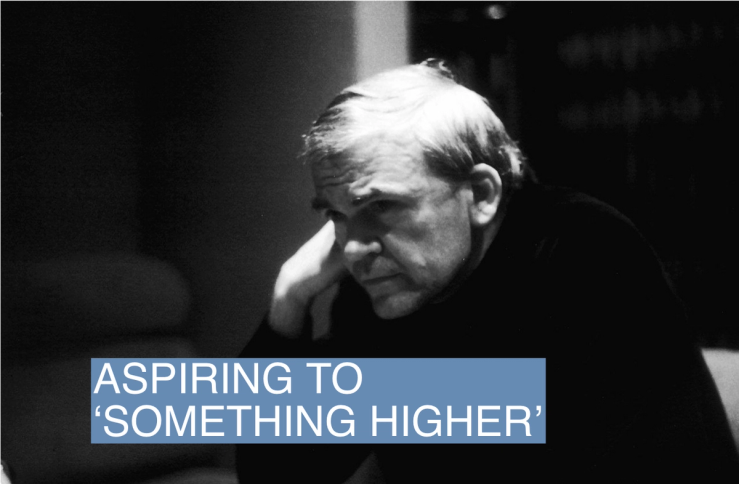The News
Celebrated author Milan Kundera, who wrote The Unbearable Lightness of Being, has died. He was 94.
We’ve collected interesting insights on the author, who fled from his home in communist Czechoslovakia in the 1970s for Paris.
Insights
- Kundera was known to be protective of his work. Following a 1988 film adaptation of Lightness starring Daniel Day Lewis, Kundera barred any additional adaptations of his novels. He served as a consultant on the film’s set, but said later that the two works had little in common. Kundera was also known for scrutinizing translations of his novels. — CNN
- A recluse, Kundera often rejected interviews. In 1983, he granted a rare series of interviews to the Paris Review. Writers for the magazine believed that the author’s disinterest in speaking about himself was “an instinctive reaction against the tendency of most critics to study the writer, and the writer’s personality, politics, and private life, instead of the writer’s works.” In denying literary critics a way to learn about him, Kundera redirected them to his work itself. — The Paris Review
Know More
Born in Brno in 1929, Kundera’s novel The Joke launched him to fame in the 1960s. With Lightness, Kundera found a global audience: The novel was translated into more than 20 languages after it ricocheted to critical acclaim in 1984.
A member of the Communist Party, Kundera was twice expelled from the party due to “anti-communist activities,” and later moved to Paris out of anger over the Czechoslovakian government’s repression of the anti-Soviet uprisings and the Prague Spring.
Kundera lost his Czech citizenship and his books were banned in the country. He never returned, and considered himself a French author, writing his later works exclusively in French.


